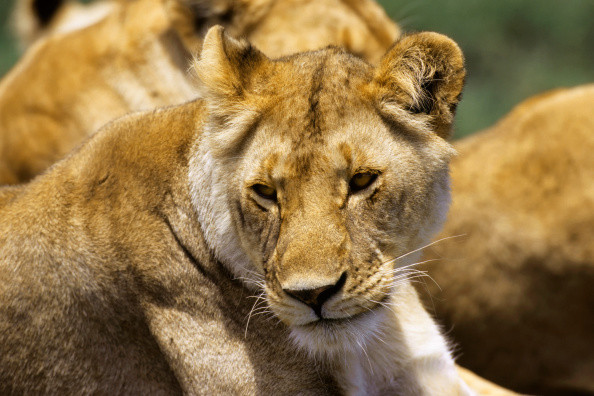Kenya: 8 lions found poisoned in Maasai Mara reserve

At least eight lions have reportedly been poisoned in Maasai Mara game reserve in Narok, Kenya by the region's tribesmen. Two of them have died as a result of the poisoning, the David Sheldrick Wildlife Trust announced on its Facebook page.
The Kenya-based animal welfare and rescue organisation said that the lions were seen collapsing and going into spasms over the weekend. Veterinary examination confirmed that they were poisoned with an insecticide marketed as Furadan. The lions reportedly ate a poisoned cow carcass.
Seven of the eight poisoned lions belong to the famous Marsh Pride, the lions featured on BBC wildlife programme Big Cat Diary in 2007. One of the members of the pride died after the incident, BBC reported.
The organisation said that two Maasai herdsmen have been charged in Narok court with poisoning the Marsh Pride lions inside the reserve. They face fines of $0.2m (£0.13m) or life imprisonment, if found guilty.
Five lions, including a two-year-old male cub of the Pride's lioness Sienna, had suffered after ingesting the poison. While all the poisoned lions have been located, conservationists are worried about Sienna, who has been missing since the poisoning incident was first reported.
"Sienna's longest absence in the past has been three days, so there is growing concern, which has been heightened by the discovery of animal remains, including bone fragments, hair and intestinal tract identified by three sources as being those of an adult cat," the organisation said.
It said that Sienna, who has been treated for severe injuries earlier, may be alive but "it is hard to ignore the fact that the remains of an adult cat have been located in the area and Sienna has not been seen."
"It would be tragic were it to be the case that this beautiful lioness may have been killed so callously at the hands of humans," the organisation said of Sienna, whose two-year-old cub is said to be responding well to the treatment.
Six dead white back vultures have also been found in the reserve signalling that they died as a result of having eaten poisoned remains. The team is also monitoring the behaviour of hyenas whose chances of eating the poisoned remains are high, the trust said.
© Copyright IBTimes 2025. All rights reserved.




















